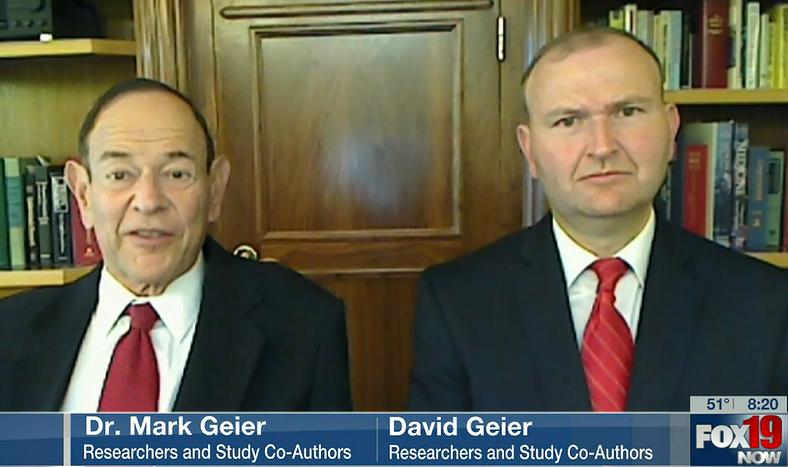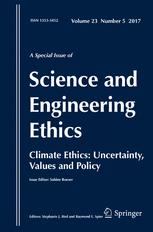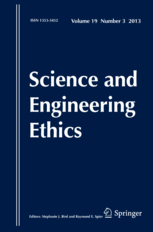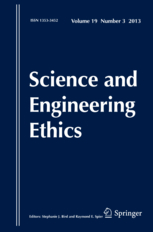
When it comes to conversations about vaccines and autism, we always have plenty to write about. And the latest news that the Trump administration has tapped David Geier for a study on possible links between immunizations and autism, first reported by the Washington Post, is no exception.
Geier has a long history of promoting the debunked claim of a link between vaccines and autism, STAT and others report. He has published on the topic as recently as 2020. A December 2020 paper lists his affiliation as the Institute of Chronic Illnesses, an organization he founded with his father Mark Geier, court documents say. In 2011, the Maryland State Board of Physicians disciplined Geier for practicing medicine without a license. He’s currently listed in the HHS employee directory as a senior data analyst, the Post reports.
Geier’s first appearance in Retraction Watch was in 2017, when Science and Engineering Ethics, a Springer Nature title, retracted a paper on how conflicts of interest might influence research on the link between vaccines and autism. That paper has been cited 13 times according to Clarivate’s Web of Science.
Continue reading Why RFK Jr.’s pick for a vaccine-autism review may be familiar to Retraction Watch readers
 Chinese biomedical researchers estimate that 40% of research in their country has been affected in some way by misconduct,
Chinese biomedical researchers estimate that 40% of research in their country has been affected in some way by misconduct, 
 In many fields, first authors on scientific papers represent the person who’s performed the bulk of the research. Sometimes, that determination can be difficult to make, so we’ve seen many papers that list multiple first authors, noting that each contributed equally to the work. But is it possible — or ethical — to claim six authors all deserve top billing on a paper?
In many fields, first authors on scientific papers represent the person who’s performed the bulk of the research. Sometimes, that determination can be difficult to make, so we’ve seen many papers that list multiple first authors, noting that each contributed equally to the work. But is it possible — or ethical — to claim six authors all deserve top billing on a paper?

